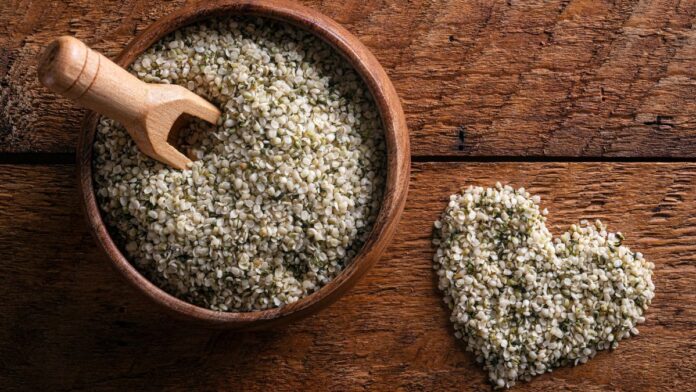Is it safe to eat hemp seeds when pregnant? Discover the safety and benefits of hemp seeds during pregnancy. Uncover essential insights into whether “Are hemp seeds safe during pregnancy?” Learn about the potential advantages for both mom and baby, making informed choices for a healthy pregnancy with mucusplug.net!
Are hemp seeds safe during pregnancy?
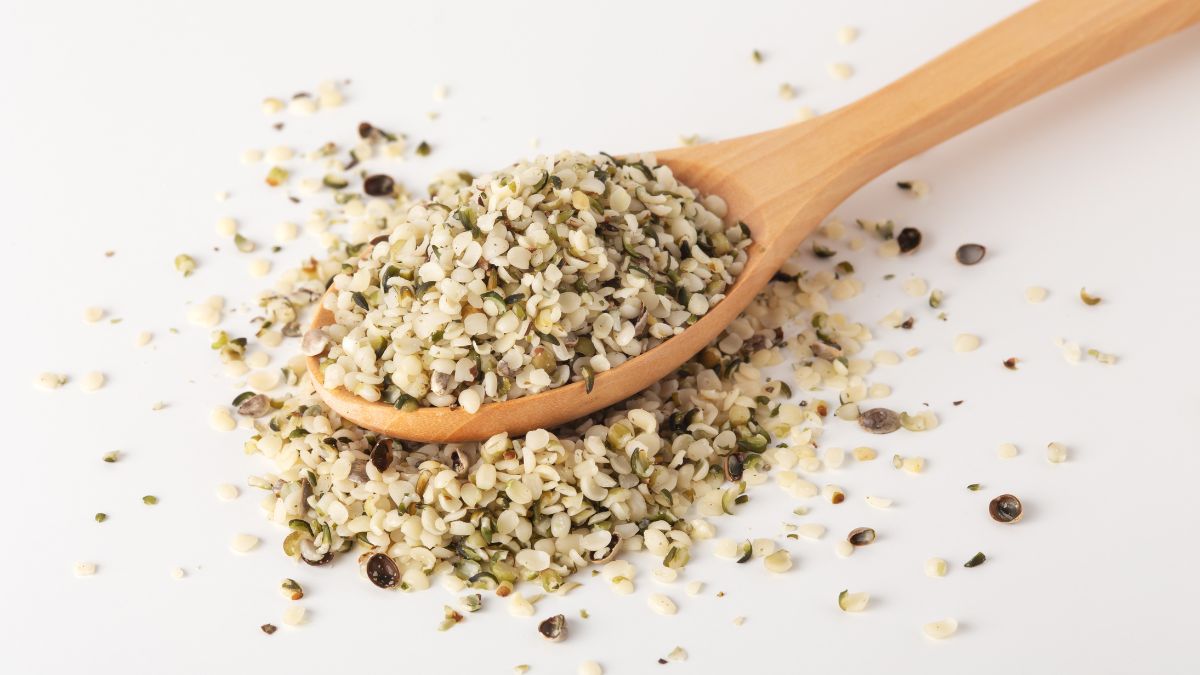
Certainly! Hemp seeds are considered safe for consumption during pregnancy. The safety of hemp seeds has been affirmed by the Food and Drug Administration (FDA), which recently conducted a comprehensive evaluation of various food ingredients derived from hemp seeds. The FDA expressed no objections to the inclusion of these ingredients in food products.
It’s crucial to note that the two primary psychoactive compounds in cannabis, THC and CBD, are predominantly found in hemp flowers, leaves, and stems, rather than in the seeds themselves. Although hemp seeds may come into contact with minute amounts of THC and CBD from other parts of the plant during processing, the concentrations are so minimal that they do not raise any concerns, even for specific populations like pregnant or breastfeeding mothers.
This conclusion is significant for assuring the safety of incorporating hemp seeds into the diet of expectant mothers, as the potential exposure to THC and CBD is negligible. The FDA’s thorough evaluation provides reassurance that consuming hemp seeds poses no known risks to the health of pregnant individuals, aligning with the broader consensus that hemp seeds can be a nutritious and safe addition to a balanced diet during pregnancy.
>Related post: Is red light therapy safe during pregnancy?
Are there any benefits of eating hemp seeds during pregnancy?
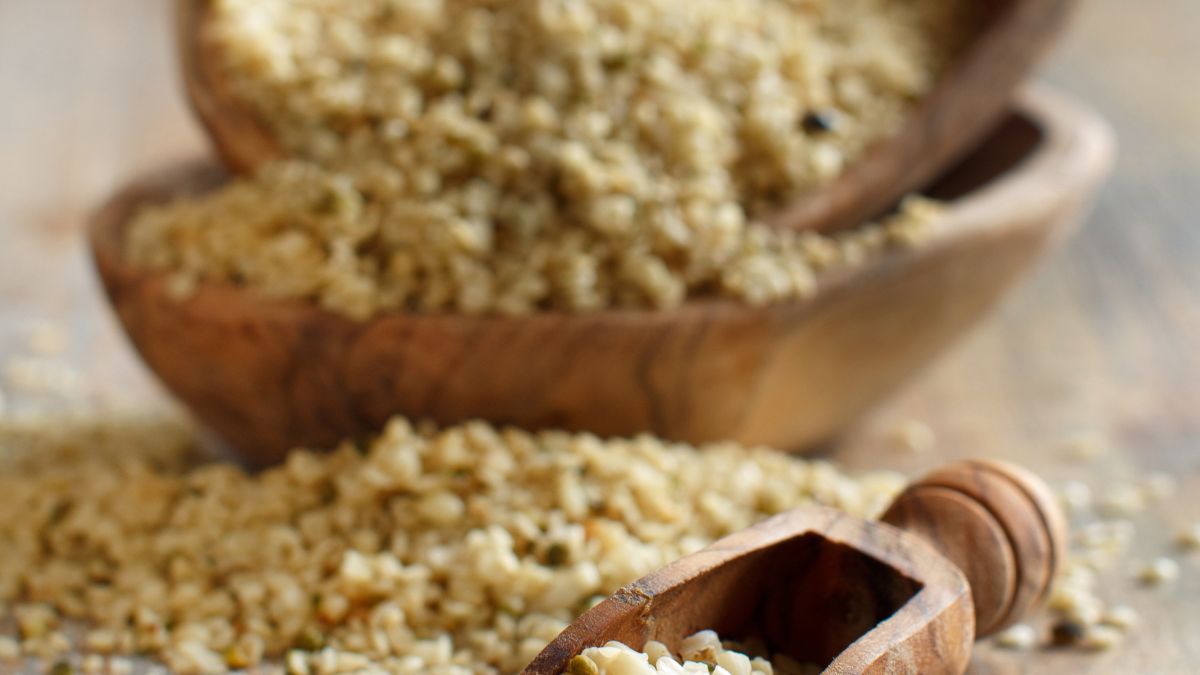
There are many benefits of including hemp seeds in your diet & these benefits aren’t just limited to pregnancy!
Hemp seeds are a great source of plant protein
Hemp seeds are a great protein source, as more than 25% of their total calories are from high-quality protein! In fact, by weight, hemp seeds provide similar amounts of protein as beef and lamb — 30 grams of hemp seeds, or 2–3 tablespoons, provide about 11 grams of protein. Similar foods like chia seeds and flaxseeds have around 16–18% protein from their total calories.
Hemp seeds also contain all the essential amino acids, making them a complete protein source!
Hemp seeds are rich in fatty-acids which can ease symptoms of certain skin conditions
Hemp seeds contain over 30% fat & they are exceptionally rich in two essential fatty acids, linoleic acid (omega-6) and alpha-linolenic acid (omega-3), which may actually benefit skin diseases and provide relief from eczema and its uncomfortable symptoms by improving blood levels of essential fatty acids.
Hemp seeds are high in essential nutrients
Hemp seeds are also a great source of vitamin E and minerals, such as phosphorus, potassium, sodium, magnesium, sulfur, calcium, iron, and zinc.
Who should not take hemp seeds?
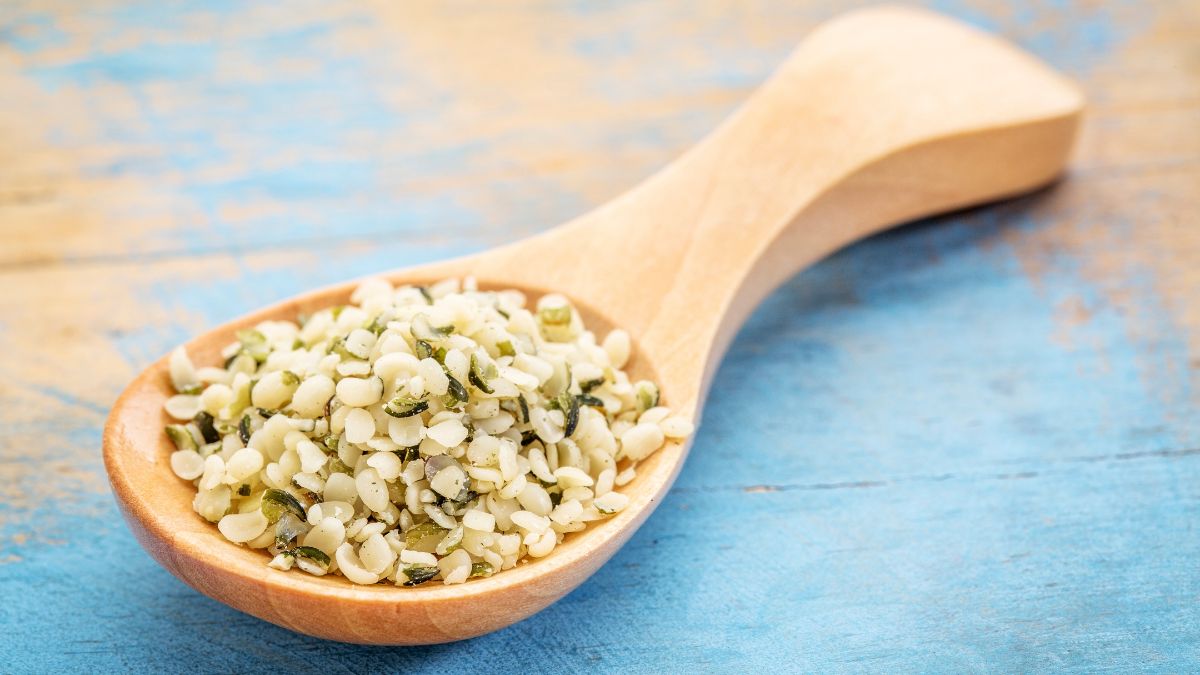
Certain individuals should exercise caution and refrain from consuming hemp seeds due to their potential interaction with medications, specifically those taking warfarin, which is an anticoagulant. The reason for this caution lies in the presence of cannabinoids, one of the key components in hemp seeds. Cannabinoids may have an impact on the risk of bleeding in individuals using warfarin.
Warfarin is a medication commonly prescribed to prevent blood clotting, and any interference with its effectiveness could pose serious health risks. Therefore, individuals who are on warfarin or other anticoagulant medications should avoid the consumption of hemp seeds.
It is crucial for such individuals to consult with their healthcare providers before incorporating hemp seeds into their diet or making any significant dietary changes, as medical supervision is essential to ensure the safe coexistence of hemp seeds and their prescribed medications. This precautionary measure is vital to prevent potential complications and to safeguard the overall health and well-being of individuals managing their health through medication.
>Related post: Melasma during pregnancy boy or girl?
Do hemp seeds affect hormones?
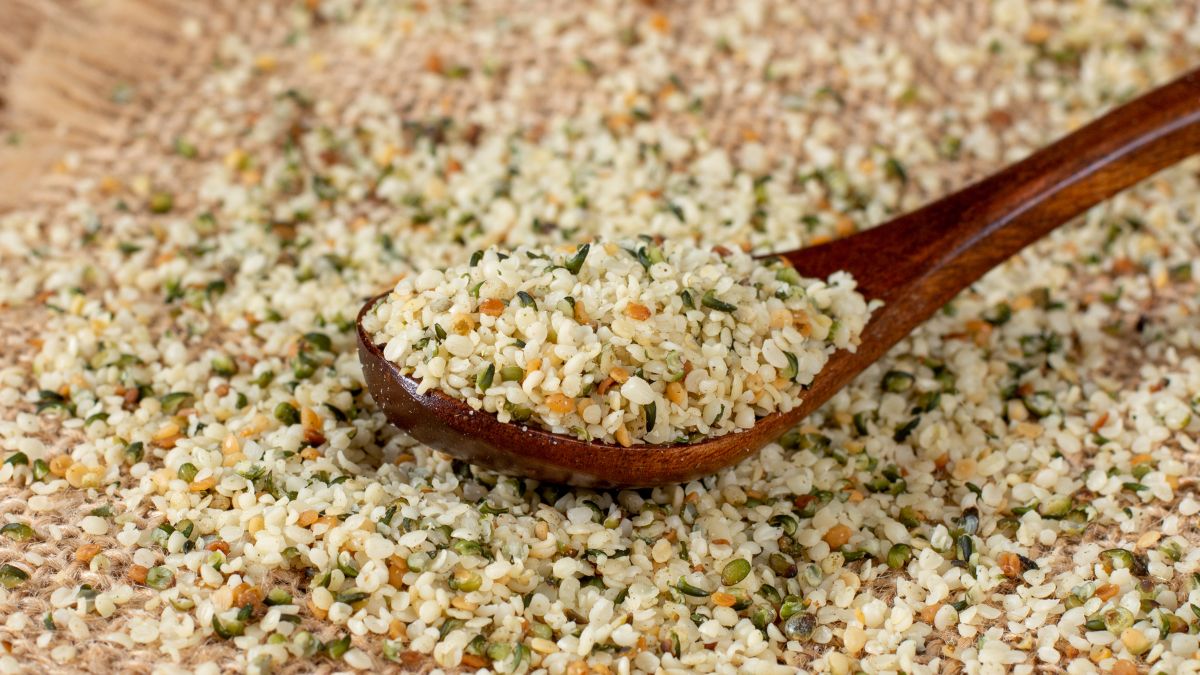
The influence of hemp seeds on hormonal balance has been a subject of interest, particularly in relation to estrogen levels. It is important to note that hemp foods lack phytoestrogenic properties, which means that they do not directly mimic the effects of estrogen in the body. However, the broader nutritional composition of hemp seeds plays a significant role in supporting hormonal health.
Hemp seeds are renowned for their rich content of essential fatty acids, including omega-3 and omega-6, as well as a well-balanced profile of amino acids. These components contribute to the overall health of the endocrine system, potentially aiding in the regulation of hormonal processes. Furthermore, the presence of dietary fiber, vitamins, and minerals in hemp seeds adds another layer of positive impact on hormonal well-being.
The combination of these nutritional elements creates a holistic and supportive environment for maintaining hormonal balance within the body. While hemp seeds may not directly influence estrogen, their nutritional composition provides a foundation for overall hormonal health and well-being.
Do hemp seeds raise estrogen?
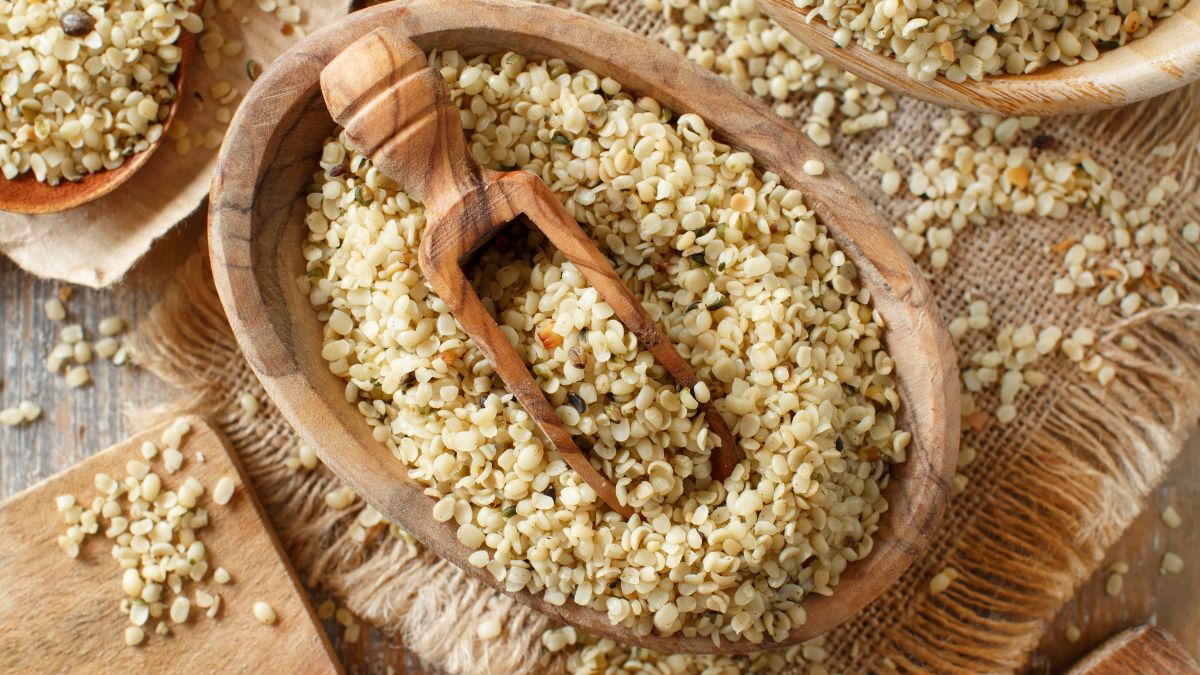
The question of whether hemp seeds raise estrogen levels can be explored in greater detail. It’s important to note that hemp foods, including hemp seeds, do not contain phytoestrogens, compounds found in certain plants that can mimic the effects of estrogen in the body. As a result, the consumption of hemp products is not associated with influencing estrogen levels in either an estrogenic or anti-estrogenic manner.
While hemp seeds may not directly impact estrogen, they contribute significantly to overall hormonal health due to their rich nutritional profile. Hemp seeds are a powerhouse of essential nutrients, including fiber, minerals, vitamins, and essential amino and fatty acids. The presence of these nutrients can support various aspects of hormonal balance and well-being. For instance, the high fiber content in hemp seeds aids in digestion and can contribute to a healthy gut, which is crucial for overall hormonal regulation.
Furthermore, the essential fatty acids, such as omega-3 and omega-6, present in hemp seeds play a vital role in the production of hormones. These fatty acids are precursors to various hormones and can contribute to the synthesis of prostaglandins, which are lipid compounds with hormone-like effects. Additionally, the diverse array of vitamins and minerals in hemp seeds, including magnesium and zinc, are essential cofactors in enzymatic reactions involved in hormone synthesis and regulation.
In conclusion, while hemp seeds themselves do not contain phytoestrogens and, therefore, do not directly impact estrogen levels, their nutritional composition offers a broad range of benefits that can positively influence hormonal health. The holistic approach of supporting overall well-being through the consumption of hemp seeds highlights their potential contribution to a balanced and healthy endocrine system.
>Related post: Gurgling water sound in belly during pregnancy (early & late pregnancy)
How much hemp seeds is safe per day?
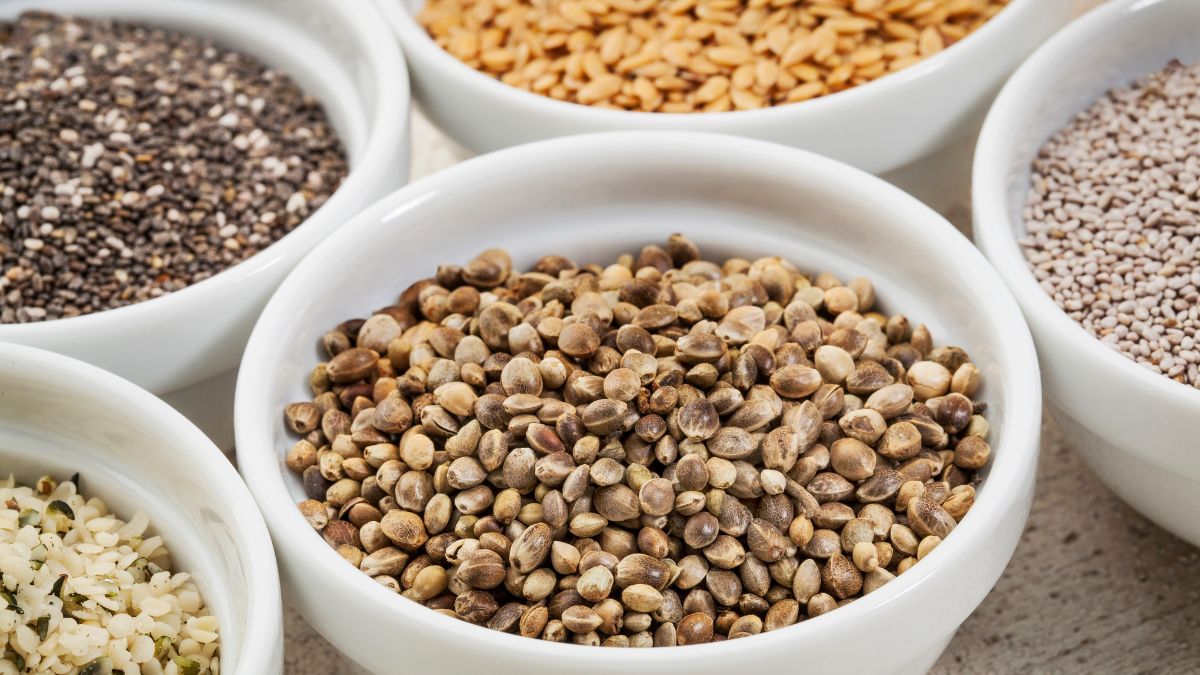
Determining the optimal daily intake of hemp seeds involves considering various factors to ensure a safe and beneficial consumption level. Health experts generally advise incorporating approximately 3 tablespoons of hemp seeds into your daily diet. This recommended serving size can be consumed either all at once or spread throughout meals and snacks, providing flexibility in integrating this nutritious source into your daily routine.
Hemp seeds offer a rich array of nutrients, including essential fatty acids, proteins, and minerals, which contribute to overall well-being. However, individual dietary needs and health conditions may influence the ideal amount for each person. It’s crucial to be mindful of personal tolerance levels and consult with a healthcare professional for personalized advice on incorporating hemp seeds into your diet safely.
Additionally, considering the diverse ways to include hemp seeds in various recipes can enhance the overall culinary experience while harnessing the nutritional benefits they offer.
Are hemp seeds good for IVF?
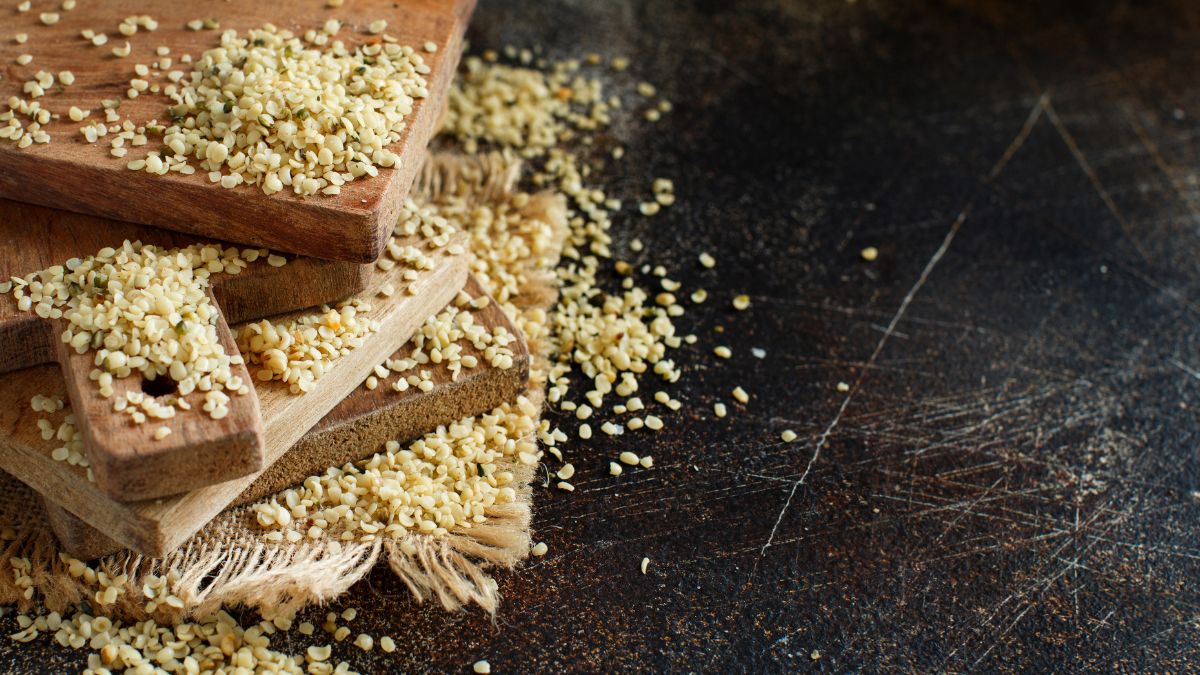
Hemp seeds, among a variety of other nuts and seeds, can be beneficial for individuals undergoing in vitro fertilization (IVF) due to their rich zinc content. Zinc is a crucial mineral for reproductive health, playing a pivotal role in the development and function of both eggs and sperm.
In addition to hemp seeds, other nuts and seeds such as pumpkin seeds, pinenuts, cashews, almonds, and sunflower seeds also contribute significantly to the intake of zinc. These nutrients are essential for maintaining optimal reproductive function and may positively impact fertility outcomes during IVF.
Furthermore, certain nuts like walnuts, pecans, sunflower seeds, almonds, pumpkin seeds, and brazil nuts boast notable antioxidant properties. Antioxidants play a vital role in protecting cells from oxidative stress and damage caused by free radicals.
In the context of IVF, where the reproductive cells are vulnerable to oxidative stress, incorporating antioxidant-rich foods into one’s diet, including these specific nuts and seeds, may contribute to creating a more favorable environment for healthy egg and sperm development. Therefore, a well-rounded diet that includes a variety of nuts and seeds can be a valuable component of a nutritionally supportive approach for individuals undergoing IVF.
>Related post: Is metoprolol safe for pregnancy?
Are hemp seeds safe during pregnancy? In conclusion, hemp seeds can be a safe and nutritious addition to a pregnant woman’s diet, offering a range of benefits. However, it’s crucial to consult with a healthcare professional to ensure individual suitability and moderation for optimal maternal and fetal well-being during pregnancy.

